

The works of the Banū Mūsā encompass both translations and original contributions in the fields of geometry, astronomy, mechanics, and music. In the field of music, a large body is attributed to them, although the…


The present paper introduces, investigates, analyses, and comments on an anonymous treatise in Persian named al-Risāla al-Ghāzāniyya fi ’l-ālāt al-raṣadiyya, “Ghāzān’s (or Ghāzānid) treatise on the observational instruments”, which describes the structure, construction, and functions…


This paper deals with an optical aid named barbakh that Abū al-Rayḥān al-Bīrūnī (973–1048 CE) proposes for facilitating the observation of the lunar crescent in his al-Qānūn al-Mas‘ūdī VIII.14. The device consists of a long…
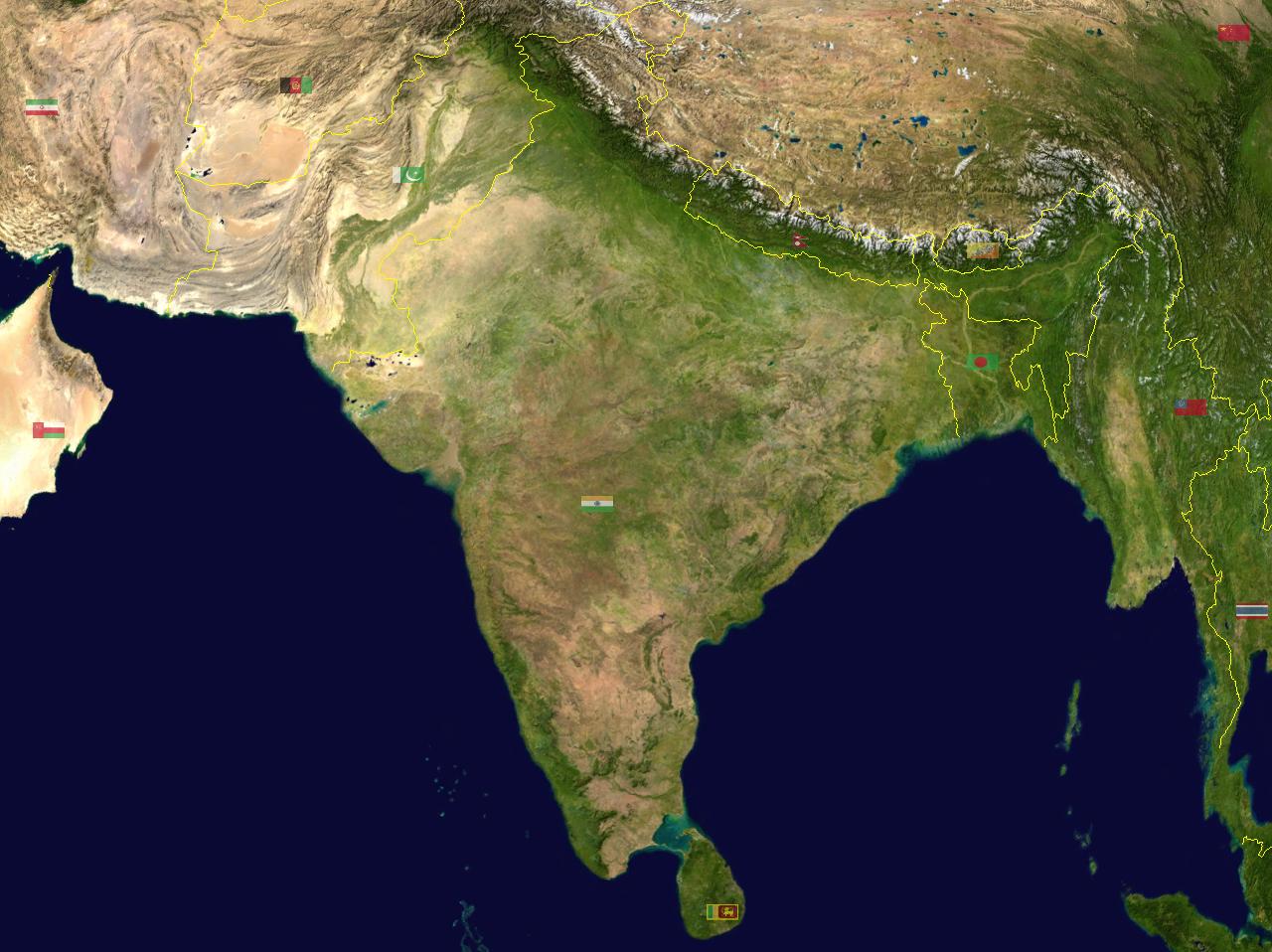

The scientific cooperation between India and the Arabs dates back to the time of Abbasid Caliphate of Baghdad when a number of books on astronomy, mathematics, and medicine were translated from Sanskrit into Arabic. From…


The Oxford Museum of the History of Science launched an online Al-Mizan Exhibition, this exhibition explores the connections between the sciences and arts in societies from Muslim Civilisation.


The most obvious difference between modern and Islamic astronomy is that the latter is primarily mathematical and predictive, and the former has other observational goals, such as describing the physics of other worlds.
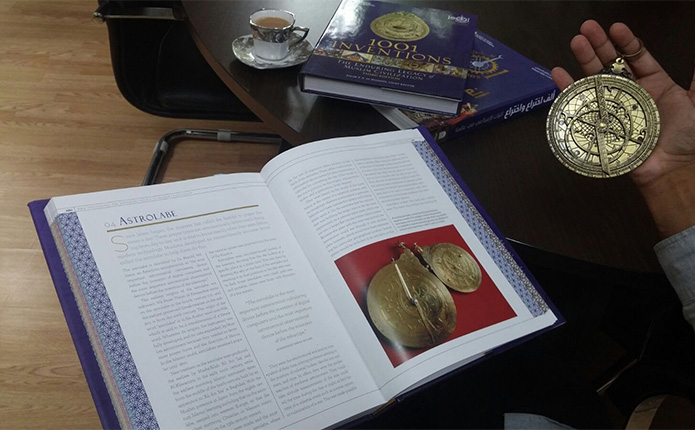

Over a thousand-year period in Muslim Civilisation, epoch-making discoveries and contributions, such as the first record of a star system outside our own galaxy were made. Also astronomical instruments including celestial globes, armillary spheres, sextants…


“Science and Engineering in the Islamic Heritage”, a Symposium organised by Al-Furqān Islamic Heritage Foundation – Centre for the Study of Islamic Manuscripts, in co-operation with the Foundation for Science, Technology and Civilisation (UK), on…


A chronology on "Science from the East - Techniques from the West: Turkey's 700-year long venture" is compiled by Professor Dr. Feza Günergun, Department of the History of Science, Istanbul University. People sought knowledge for…


This article presents Abu'l-Qasim Khalaf ibn 'Abbas al-Zaharawi, Arabic أبو القاسم خلف بن عباس الزهراوي, Latin Albucasis (936-1013 A.D.), one on the most outstanding Arabic physicians and the most remarkable Arabic surgeon. His work had…


Syria in the 14th century was the scene of the most sophisticated developments in astronomy anywhere in the world. Shams al-Din al-Khalili was a muwaqqit, or mosque astronomer, in Damascus in the middle of that…


In this article, Professor David A. King explores the authenticity of the statement that tenth-century Egyptian astronomer Ibn Yūnus was the first person to use a pendulum to measure time. After examining evidence originating from…
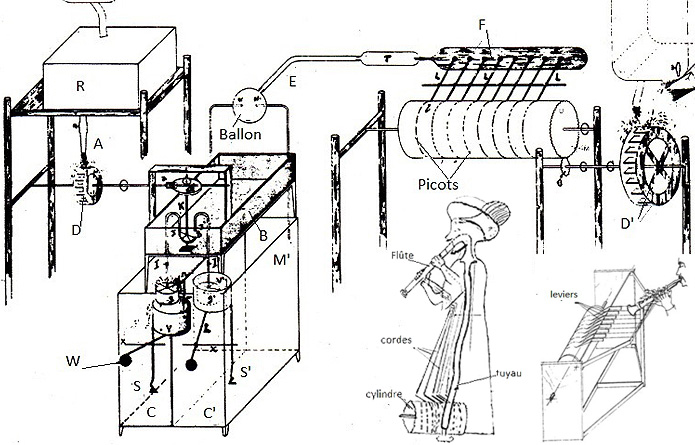

(The Hydraulic Organ of Banu Musa (9th Century): An Early Instrument of Mechanical Music) In the following article, Dr Mona Chaarani describes in a short article in French her reconstruction of the hydraulic organ of…


The International Union of History and Philosophy of Science organised in 28 July-2 August 2009 in Budapest, Hungary, the 23rd International Congress of History of Science and Technology. The theme of the congress was: Ideas…


Abu Bakr Muhammed Al-Karaji is a Muslim mathematician and engineer from the late 10th century-early 11th century. Of Persian origin, he spent an important part of his scientific life in Baghdad where he composed ground…


Professor Emilie Savage-Smith expands in this remarkable interview on Islamic medicine of which she draws a lively picture. Beginning with a general survey of the conditions of its inception and development in an intercultural context,…


In this article, Professor Sevim Tekeli, an outstanding scholar in the history of Ottoman science, describes the instruments built by Taqî al-Dîn Ibn Ma'ruf and his team at the Istanbul observatory (was in activity between…
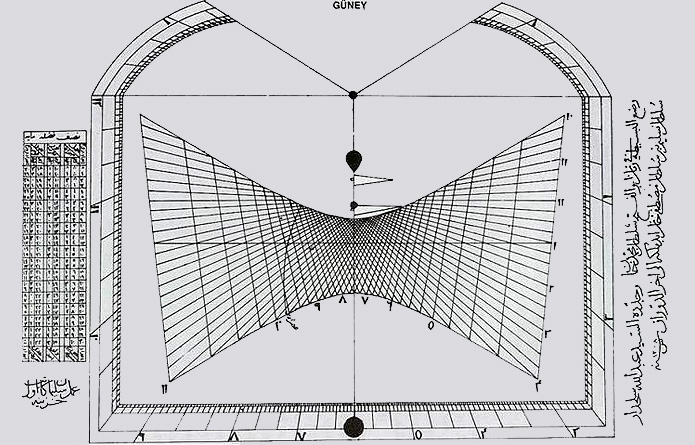

Muslim astronomers and engineers invented a variety of dials for timekeeping and for determining the times of the five daily prayers. In this thorough and technical study, Professor Attila Bir analyses the principle and use…
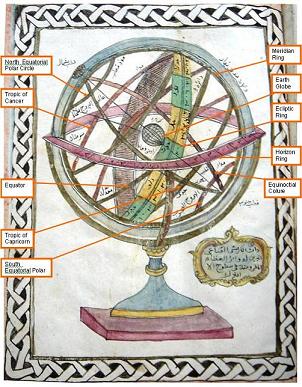

The armillary sphere is an ancient astronomical instrument reproducing a model of the celestial sphere. In its simplest form, it was known since the antiquity. The article presents the principle of its drawing and use,…


Najma Kazi reviews some salient aspects of Emilie Savage-Smith's work. Emilie Savage-Smith, who is a Professor of History of Science at the Oriental Institute (Oxford University), is an internationally recognised authority on the History of…
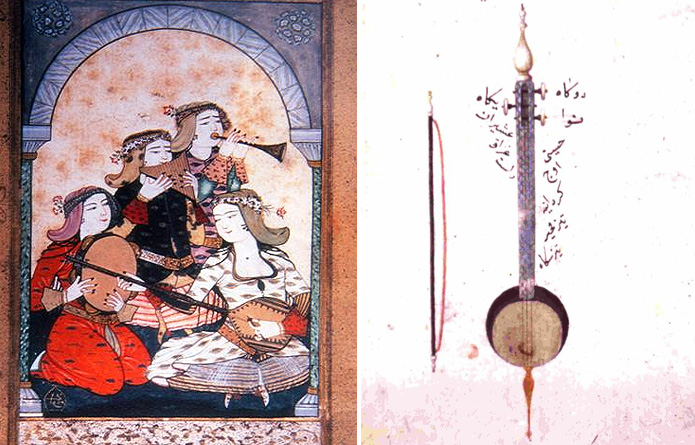

An outline of the main types of Arabic literature and their influence on European literature and a description of the main Arabic instruments and their subsequent development in Europe.


The history of the astrolabe begins more than two thousand years ago, but it is in the Islamic classical world that the astrolabe was highly developed and its uses widely multiplied. Introduced to Europe from…


Tycho Brahe "was a brilliant astronomer and scientist of his time, and has had a big significance on the development of astronomy, science in general, and our view of the world" has been influenced by…


The measurement of the positions of the stars was developed and refined by scientists of the Muslim world and many kinds of Models were developed. These are described within this article.


The Muslim influence on musical theory is strongly denied by Western scholars. Even those who accept the Muslims playing some role, reject their deep involvement with the theory,although the Muslims used notation in musical theory…
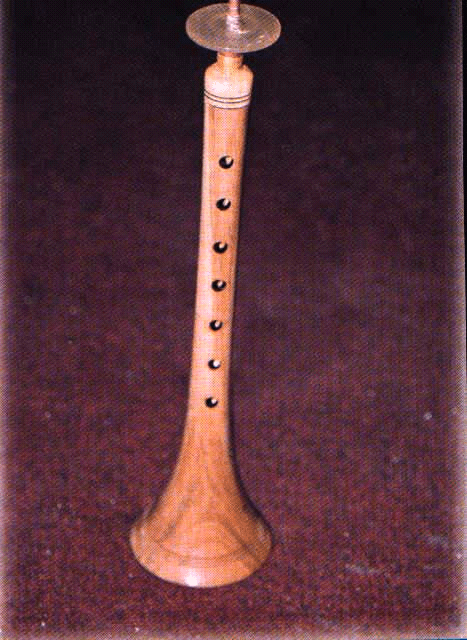

The Arabs were the first to give Europe a scientific description of musical instruments. Looking back into history we can give a descriptive influence of the Muslim scheme of phonetic notation and instrumental tablature which…
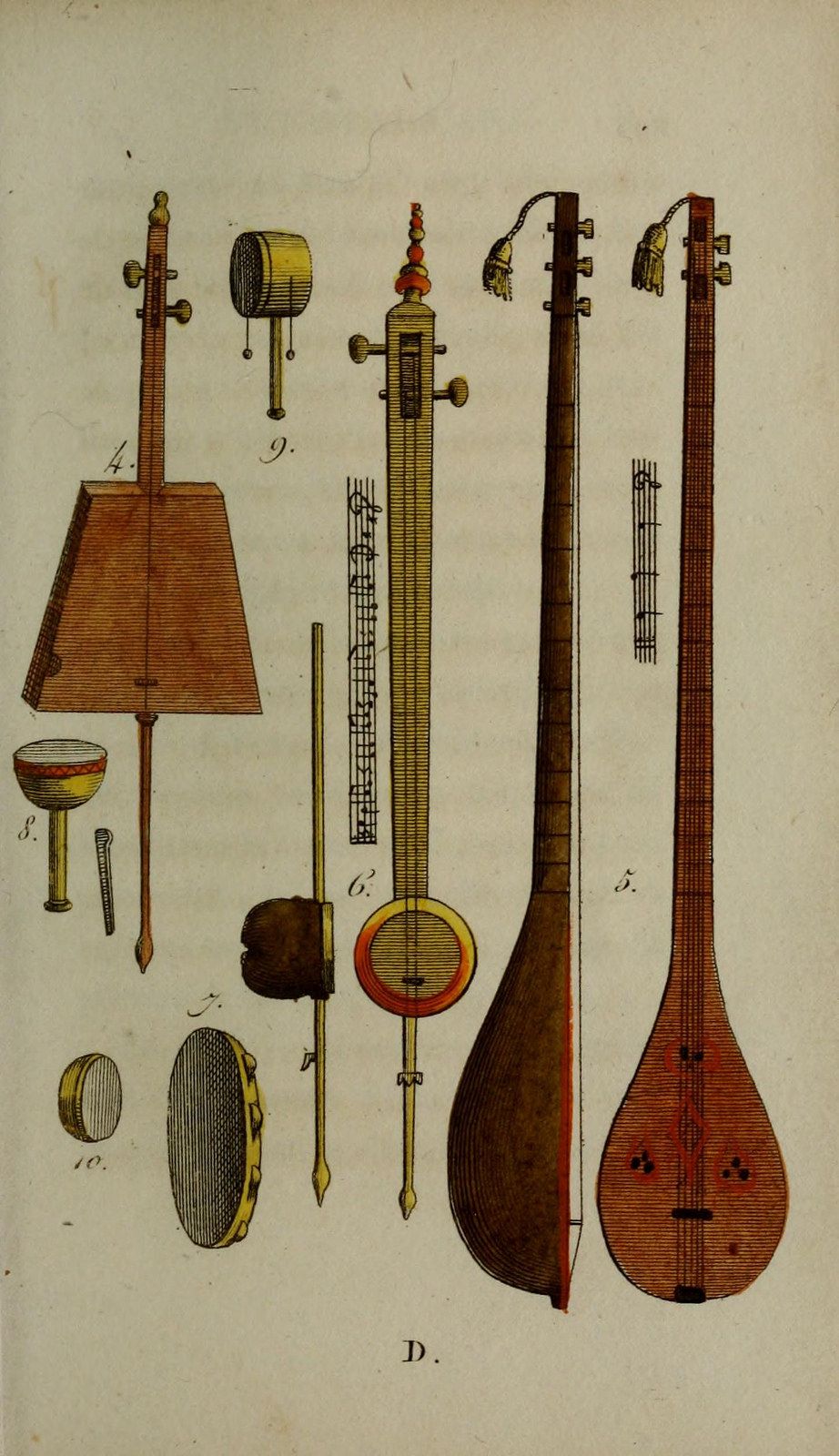

An insight into the influence of Muslims on the musical revival of Europe which can be detected as early as the period of the Carolingian Empire.
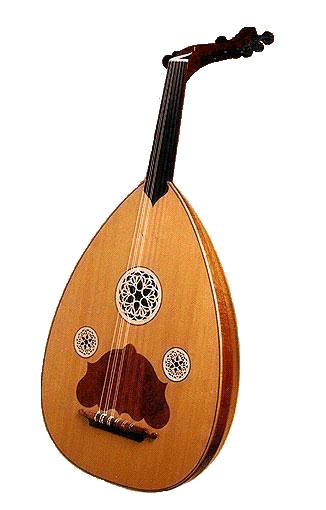

Many musical instruments came into European civilisation from Islamic Civilsation. Much of this is hardly known and rarely acknowledged. This article starts to set the record straight
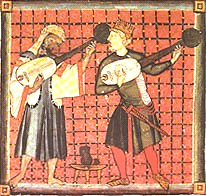

People who are familiar with traditional Arab music as well as Flamenco will know the obvious historical connections. What is less well known are the deeper connections from Western musical instruments and theory back to…


Al-Battani used the widest variety of instruments: astrolabes, tubes, a gnomon divided into twelve parts, a celestial globe with five armillaries, parallax rules, a mural quadrant, sundials, vertical as well as horizontal.


Most eminent Muslim astronomers include Al-Battani, al-Sufi, al-Biruni, and Ibn Yunus. They recorded the position of the sun, moon and the stars.


The modern astronomical observatory as a research institute (as opposed to a private observation post as was the case in ancient times) is a creation of the Islamic scientific tradition. Since the early 9th century,…